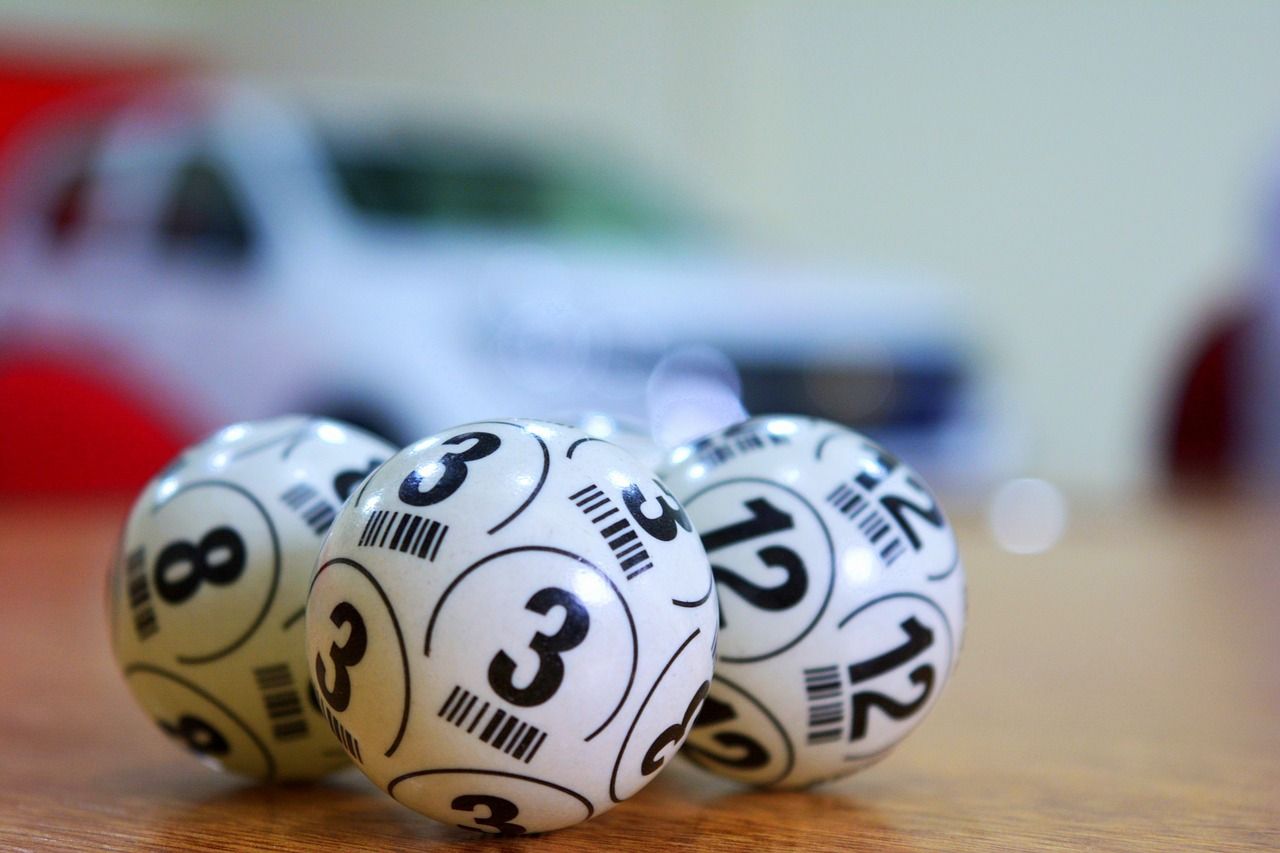The lottery has been a source of excitement, hope, and, for some, life-changing wealth for centuries. Each lottery draw is a spectacle, a culmination of dreams and anticipation, where participants await the fate of their tickets with bated breath. This article delves into the mechanics, history, and social implications of result cambodia, exploring why they captivate millions worldwide.
Understanding Lottery Draws
At its core, a lottery is a game of chance in which participants purchase tickets to enter a draw for prizes. The mechanics of a lottery draw can vary, but they typically involve selecting a set of numbers from a larger pool. The winning numbers are then drawn randomly, usually through mechanical means like a ball machine or computerized random number generators.
Types of Lotteries
- Traditional Lotteries: Often organized by governments, these lotteries involve the sale of tickets with the chance to win cash prizes or goods. Examples include state lotteries and multi-state lotteries, such as Powerball or Mega Millions in the United States.
- Instant Lotteries: Also known as scratch-off tickets, these allow players to reveal winnings instantly by scratching off a coating on the ticket.
- Raffles: A form of lottery where tickets are sold for a specific prize, often for charitable purposes.
- Online Lotteries: With the rise of digital technology, many lotteries now offer online platforms for ticket purchases and draws, expanding accessibility to a broader audience.
The History of Lottery Draws
The history of lotteries dates back to ancient times. Evidence of lottery-like games can be found in ancient China, where the Han Dynasty reportedly used lottery systems to finance major projects, such as the Great Wall.
In the 15th century, lotteries became popular in Europe, particularly in France and England, as a means of raising funds for public projects. The English State Lottery, established in 1569, was one of the first organized lotteries in history.
By the 20th century, many countries had embraced lotteries as a way to generate revenue without imposing heavy taxes. Today, lotteries are an integral part of many societies, often funding education, public health, and infrastructure.
The Allure of Winning
The lottery’s appeal lies primarily in the tantalizing prospect of winning a life-altering sum of money. Even the smallest tickets can lead to extraordinary prizes, capturing the imagination of players from all walks of life.
Many lottery players believe in strategies, using lucky numbers, birthdays, or patterns they’ve noticed. However, it’s essential to recognize that lottery draws are entirely random, and no system guarantees success.
Social Implications
While lottery draws provide entertainment and potential financial gain, they also raise social and ethical concerns. Critics argue that lotteries disproportionately affect low-income individuals, who may spend a significant portion of their income on tickets in hopes of striking it rich.
Moreover, the phenomenon of “lottery addiction” can lead to serious financial and personal consequences for individuals. Governments often implement measures to promote responsible gambling and provide resources for those struggling with addiction.
